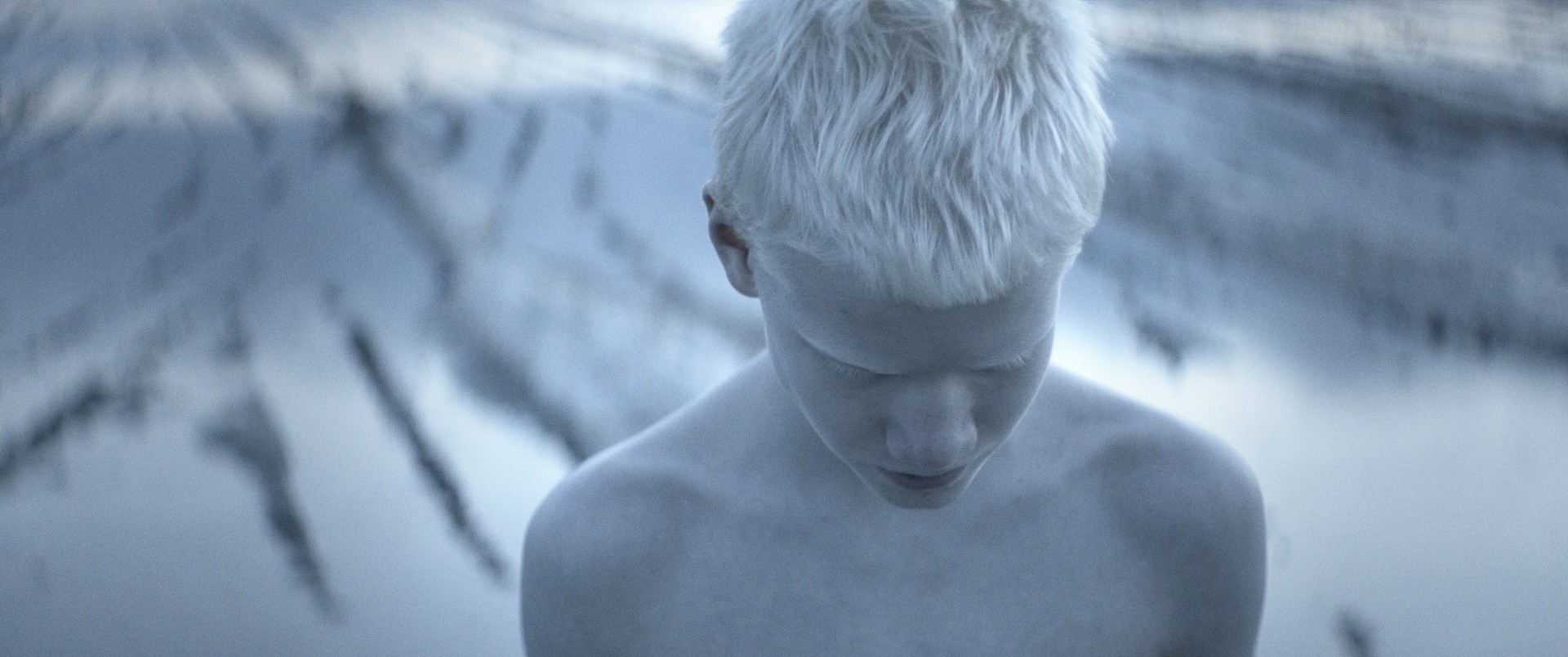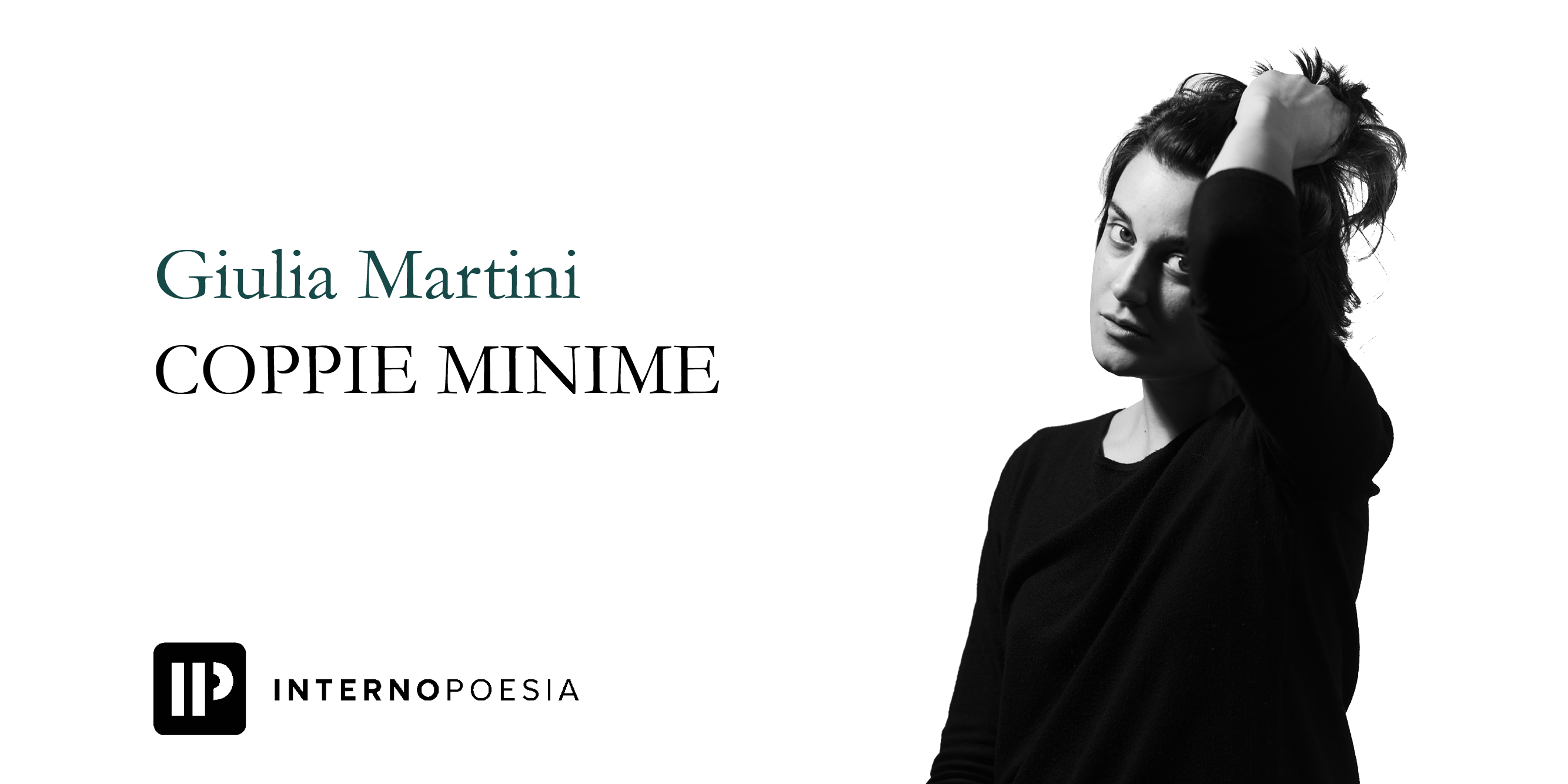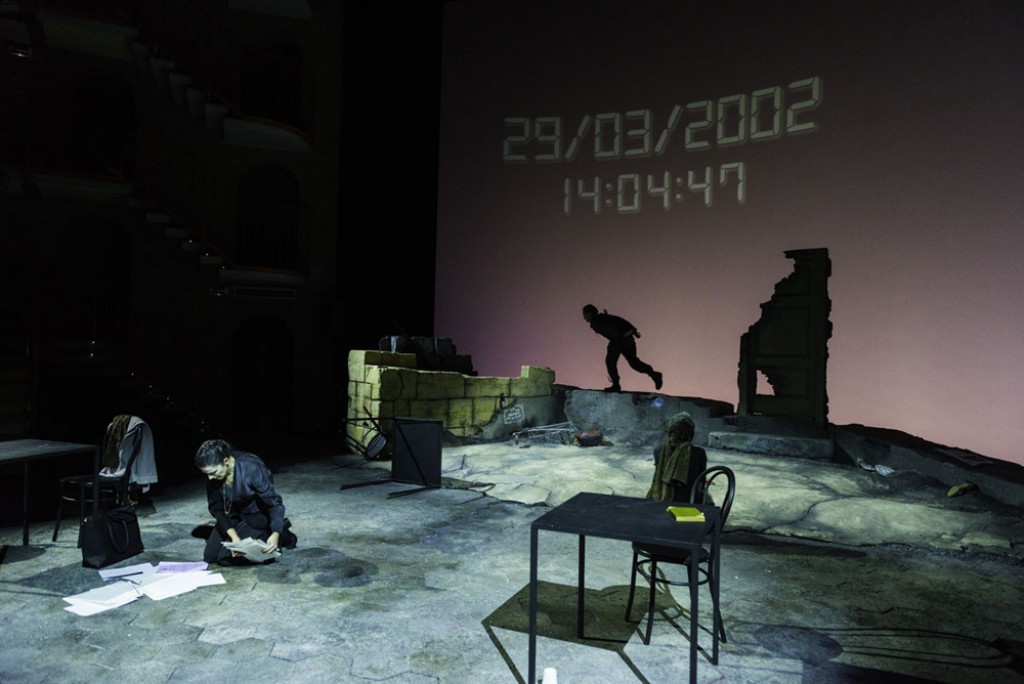#PFF17 • Limbo
Per quest’edizione, Birdmen è media-partner del Pentedattilo Film Festival, il festival internazionale di cortometraggi che si svolge a Pentedattilo (Reggio Calabria) dal 7 all’11 dicembre. Ecco le nostre recensioni in anteprima. La Redazione, inoltre assegnerà il Premio speciale Birdmen al miglior cortometraggio d’animazione e al miglior cortometraggio live action.
____________________
Presentato a Cannes nel 2016, in concorso alla Settimana della Critica, Limbo è il settimo cortometraggio della giovane Konstantina Kotzamani. Opera ermetica, densa di simbolismi e rimandi evangelici e cristologici, che immagina un luogo indefinito a ridosso del mare, abitato quasi esclusivamente da ragazzini, ai quali appare, successivamente al ritrovamento di una balena spiaggiata, la figura lattiginosa ed errabonda di un altro misterioso ragazzo, anima senza pace e sorta di messia sospeso in un’insondabile regione tra la vita e la morte. Il loro compito sarà quello di dare finalmente riposo a questo Cristo spettrale, in un ricongiungimento con il cielo e la terra in cui si avvertono echi di salvezza e resurrezione, che però, forse, l’uomo non è o non è più pronto ad ascoltare.
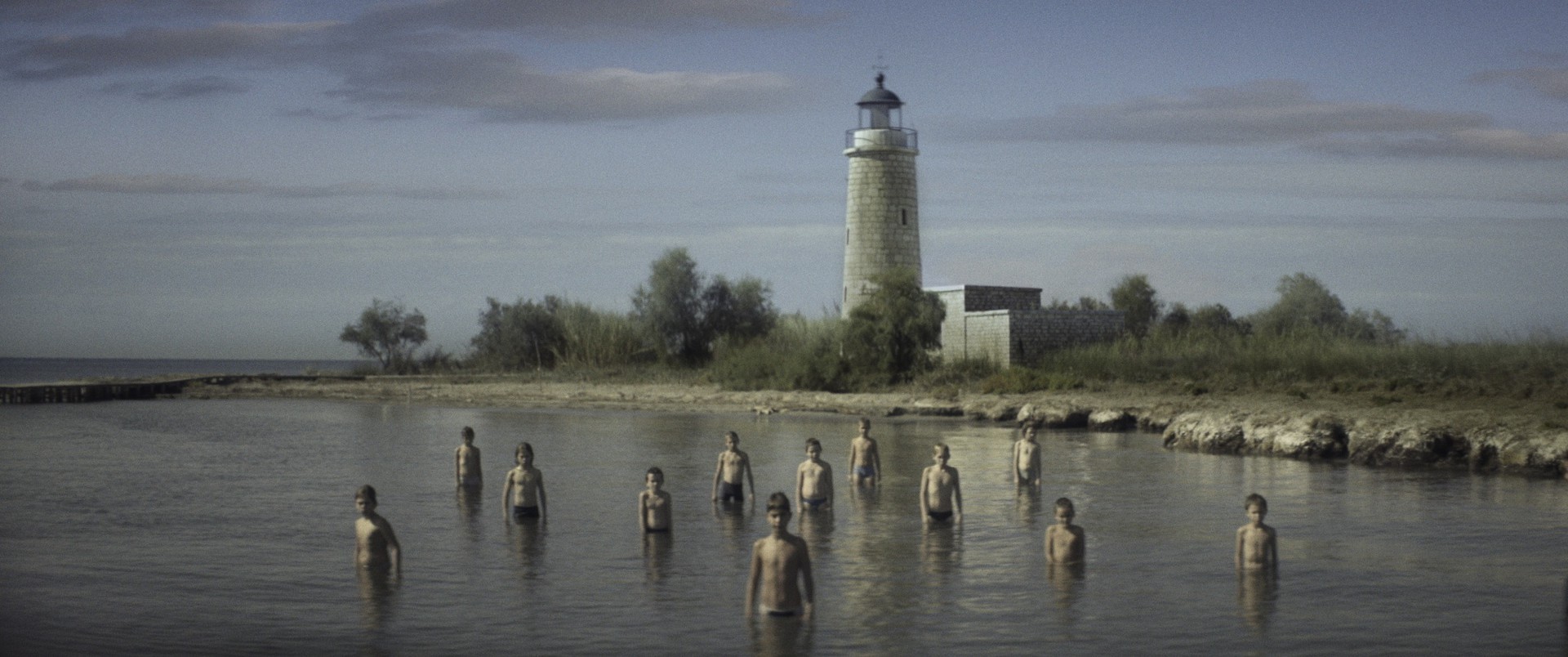 Diverse e simultanee sono le possibili letture, dall’allegoria di un’umanità smarrita e in attesa di un segnale, al viaggio immersivo nei territori primordiali delle manifestazioni inconsce, verso un confronto con la morte come paradigma dell’ignoto. Le immagini della Kotzamani hanno difatti il fascino misterico di visioni affioranti dal profondo di una memoria ancestrale, così come, nei frequenti campi lunghi a macchina fissa, il lento avvicinarsi dalla profondità di campo dei soggetti assomiglia all’affioramento di figure sempre arrestantesi alla superficie, e dunque perennemente sospese; immagini appartenenti ad una terra selvaggia, prevalentemente inondata d’acqua – simbolo di natalità e legame al tempo stesso con l’inconoscibile –, in cui dominano istinti violenti – quelli appunto del caos primitivo delle potenze oniriche – e una dimensione sacrale. Un cinema, insomma, come dice la stessa autrice in una bella intervista rilasciata per “Lo specchio scuro”, concepito «come comunicazione visiva, come esperienza pre-grammaticale, uno stato onirico attraverso il quale inviti l’altro ad entrare. Mi piace pensare che “nei film troviamo i sogni che bramiamo”».
Diverse e simultanee sono le possibili letture, dall’allegoria di un’umanità smarrita e in attesa di un segnale, al viaggio immersivo nei territori primordiali delle manifestazioni inconsce, verso un confronto con la morte come paradigma dell’ignoto. Le immagini della Kotzamani hanno difatti il fascino misterico di visioni affioranti dal profondo di una memoria ancestrale, così come, nei frequenti campi lunghi a macchina fissa, il lento avvicinarsi dalla profondità di campo dei soggetti assomiglia all’affioramento di figure sempre arrestantesi alla superficie, e dunque perennemente sospese; immagini appartenenti ad una terra selvaggia, prevalentemente inondata d’acqua – simbolo di natalità e legame al tempo stesso con l’inconoscibile –, in cui dominano istinti violenti – quelli appunto del caos primitivo delle potenze oniriche – e una dimensione sacrale. Un cinema, insomma, come dice la stessa autrice in una bella intervista rilasciata per “Lo specchio scuro”, concepito «come comunicazione visiva, come esperienza pre-grammaticale, uno stato onirico attraverso il quale inviti l’altro ad entrare. Mi piace pensare che “nei film troviamo i sogni che bramiamo”».
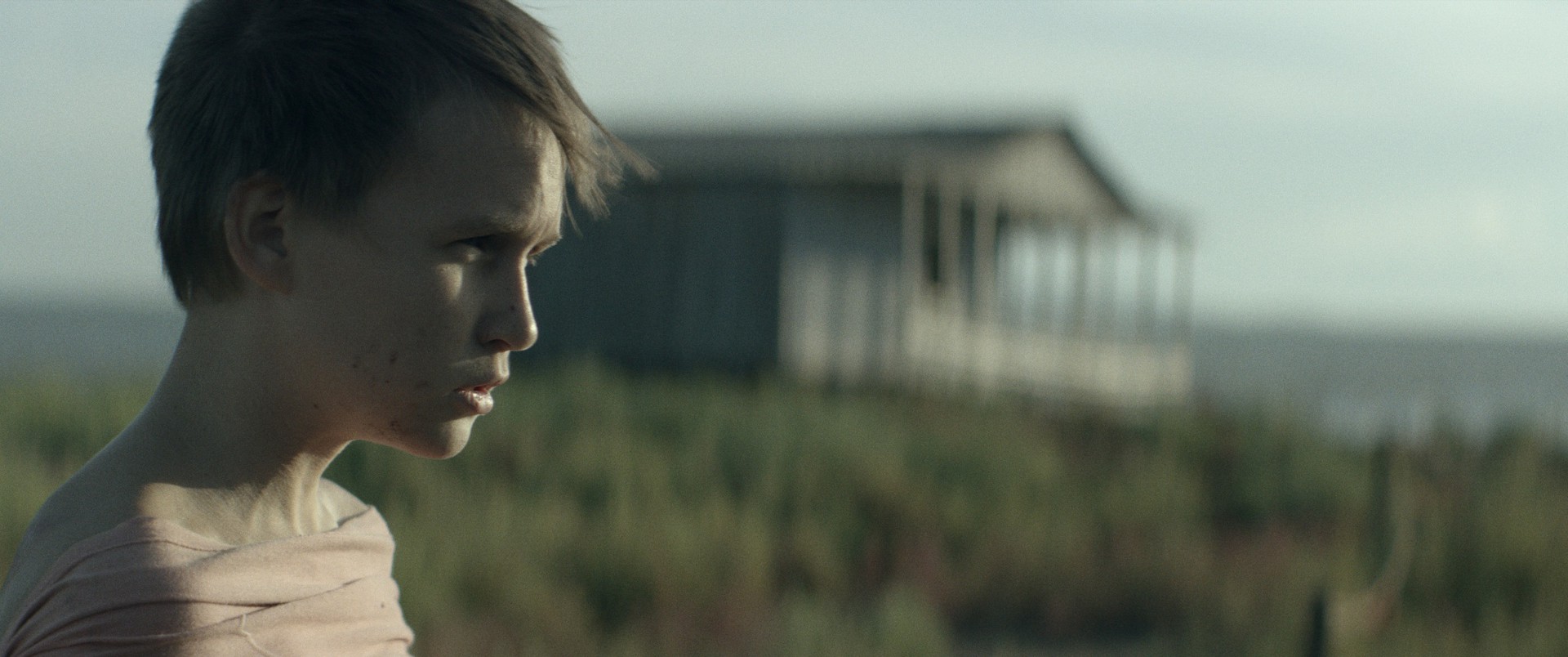 Nell’immaginare questo mondo “pre-grammaticale” Kotzamani sceglie come suoi unici abitanti, o quasi, dei bambini – viene alla mente, soprattutto nella sequenza della lotta in riva al mare, Il Signore delle mosche, di William Golding –, caratterizzati da una primigenia istintività, quanto da una maturità che è, a ben vedere, profondità di ricezione verso i misteri dell’esistente a cui si cercano risposte, a soppiantare la presenza degli adulti di cui i ragazzi incarnerebbero gli aspetti più reconditi, la materia vivente primaria. “Protoplasti”, come li definisce la regista, soggetti a una serie di prove minanti le loro credenze come i dodici apostoli di Cristo lo furono a loro volta. Figure che si aggirano in territori oscuri, configurati però dalla notevole fotografia di Giorgos Karvelas con tonalità tra il bianco e il ceruleo, in un clima algido ed etereo che immerge i corpi in un tepore avvolgente. Senza dubbio, Limbo è una delle proposte migliori in concorso al Pentedattilo film Festival.
Nell’immaginare questo mondo “pre-grammaticale” Kotzamani sceglie come suoi unici abitanti, o quasi, dei bambini – viene alla mente, soprattutto nella sequenza della lotta in riva al mare, Il Signore delle mosche, di William Golding –, caratterizzati da una primigenia istintività, quanto da una maturità che è, a ben vedere, profondità di ricezione verso i misteri dell’esistente a cui si cercano risposte, a soppiantare la presenza degli adulti di cui i ragazzi incarnerebbero gli aspetti più reconditi, la materia vivente primaria. “Protoplasti”, come li definisce la regista, soggetti a una serie di prove minanti le loro credenze come i dodici apostoli di Cristo lo furono a loro volta. Figure che si aggirano in territori oscuri, configurati però dalla notevole fotografia di Giorgos Karvelas con tonalità tra il bianco e il ceruleo, in un clima algido ed etereo che immerge i corpi in un tepore avvolgente. Senza dubbio, Limbo è una delle proposte migliori in concorso al Pentedattilo film Festival.
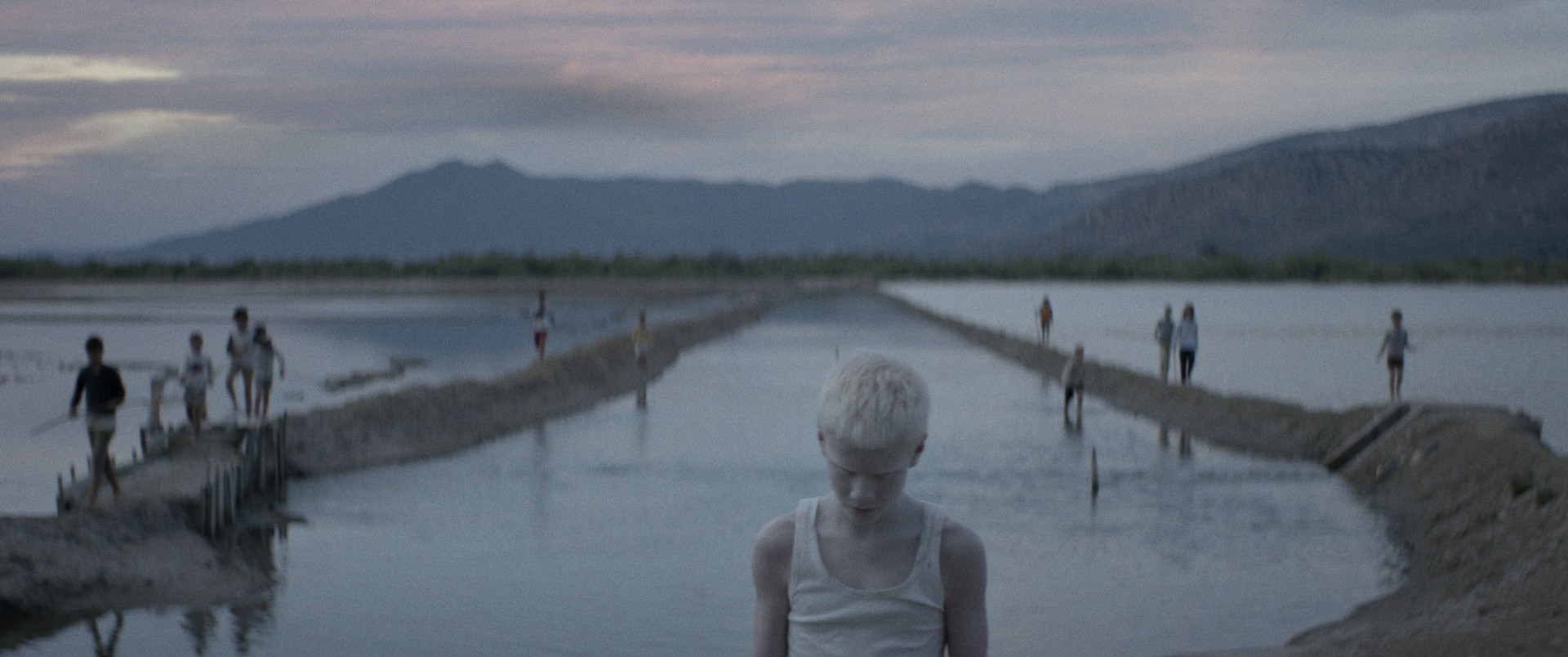 For this edition, Birdmen is the media-partner of the Pentedattilo film Festival, the international short-film festival that will take place in Pentedattilo (Reggio Calabria) from 7th to 11th of December. Here is a preview of our reviews. Furthermore, we will assign a special Birdmen award to the best animation short-film and to the best live action short-film.
For this edition, Birdmen is the media-partner of the Pentedattilo film Festival, the international short-film festival that will take place in Pentedattilo (Reggio Calabria) from 7th to 11th of December. Here is a preview of our reviews. Furthermore, we will assign a special Birdmen award to the best animation short-film and to the best live action short-film.
____________________
First showed at Cannes 2016, in competition during the Critics’ Week, Limbo is the seventh short film by the young Konstantina Kotzamani. Hermetic work, full of symbolism and evangelical and christological references, which imagines an indefinite place close to the sea, inhabited almost only by children, to whom, next to the discovery of a beached whale, appears the milky and wandering figure of another mysterious boy, a soul without peace and a sort of messiah suspended in an unfathomable region between life and death. Their task will be to give rest to this ghostly Christ, in a reunion with heaven and earth in which echoes of salvation and resurrection are felt, but which, perhaps, mankind is not or is no longer ready to listen.
Different and simultaneous are the possible readings, from the allegory of a lost humanity waiting for a signal, to the immersive journey in the primordial territories of the unconscious manifestations, towards a confrontation with death as a paradigm of the unknown. The images of Kotzamani have in fact the mysterious fascination of visions emerging from the depths of an ancestral memory, just as, in the frequent long shot sequences, the slow approach from the depth of the scene of the subjects resembles the surfacing of figures always arresting at the surface, and so perennially suspended; images belonging to a wild land, prevalently flooded with water – a symbol of birth and a link at the same time with the unknown – in which violent instincts dominate – precisely those of the primitive chaos of the oneiric powers – and a sacral dimension. A cinema, in short, as the author herself says in a beautiful interview released for “Lo specchio scuro”, conceived «as visual communication, as a pre-grammatical experience, a dream state through which you invite the other to enter. I like to think that “in movies we find the dreams we crave”».
While imagining this “pre-grammatical” world Kotzamani chooses as its only inhabitants, or almost, the children – it comes to mind, especially in the sequence of the fight by the sea, The Lord of the flies, by William Golding –, characterized by a primigenial instinctiveness, such as a maturity which is, on a closer inspection, depth of reception towards the mysteries of the existent to which answers are sought, to supplant the presence of adults whose children embody the most hidden aspects, the primary living matter. “Protoplasts”, as the director defines them, subjected to a series of tests that undermine their beliefs as the twelve apostles of Christ were in turn. Figures wandering in dark territories, however, configured by the notable cinematography of Giorgos Karvelas with shades between white and cerulean, in an icy and ethereal climate that plunges the bodies into an enveloping warmth. Undoubtedly, Limbo is one of the best proposals in competition at the Pentedattilo film Festival.
____________________
#PFF17

